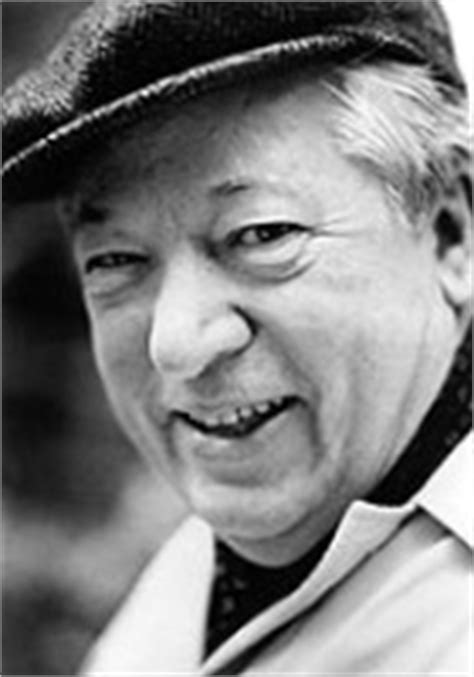A Quote by Charles Baudelaire
The Poet is a kinsman in the clouds Who scoffs at archers, loves a stormy day; But on the ground, among the hooting crowds, He cannot walk, his wings are in the way.
Related Quotes
A poet dares to be just so clear and no clearer; he approaches lucid ground warily, like a mariner who is determined not to scrape his bottom on anything solid. A poet's pleasure is to withhold a little of his meaning, to intensify by mystification. He unzips the veil from beauty, but does not remove it. A poet utterly clear is a trifle glaring.
One may not always know his purpose until his only option is to monopolize in what he truly excels at. He grows weary of hearing the answer 'no' time and time again, so he turns to and cultivates, monopolizes in his one talent which others cannot possibly subdue. Then, beyond the crowds of criticism and rejection, the right people recognize his talent - among them he finds his stage.
Who can depart from his pain and aloneness without regret? Too many fragments of the spirit have I scattered in these streets, and too many are the children of my longing that walk naked among these hills, and I cannot withdraw from them without a burden and an ache. It is not a garment I cast off this day, bit a skin that I tear with my own hands... Yet I cannot tarry longer.
Did you ever see the way the clouds love a mountain? They circle all around it; sometimes you can't even see the mountain for the clouds. But you know what? ... The clouds never cover the head. His head pokes through, because the clouds let him; they don't wrap him up. They let him keep his head high, free.
The world cannot bury Christ. The earth is not deep enough for His tomb, the clouds are not wide enough for His winding-sheet; He ascends into the heavens, but the heavens cannot contain Him. He still lives--in the church which burns unconsumed with His love; in the truth that reflects His image; in the hearts which burn as He talks with them by the way.
One of the appeals of William Carlos Williams to me is that he was many different kinds of poet. He tried out many different forms in his own way of, more or less, formlessness. He was also a poet who could be - he was a love poet, he was a poet of the natural order and he was also a political poet.
The poet is born with the capacity of arranging words in such a way that something of the quality of the graces and inspirations he has received can make itself felt to other human beings in the white spaces, so to speak, between the lines of his verse. This is a great and precious gift; but if the poet remains content with his gift, if he persists in worshipping the beauty in art and nature without going on to make himself capable, through selflessness, of apprehending Beauty as it is in the divine Ground, then he is only an idolater.


































